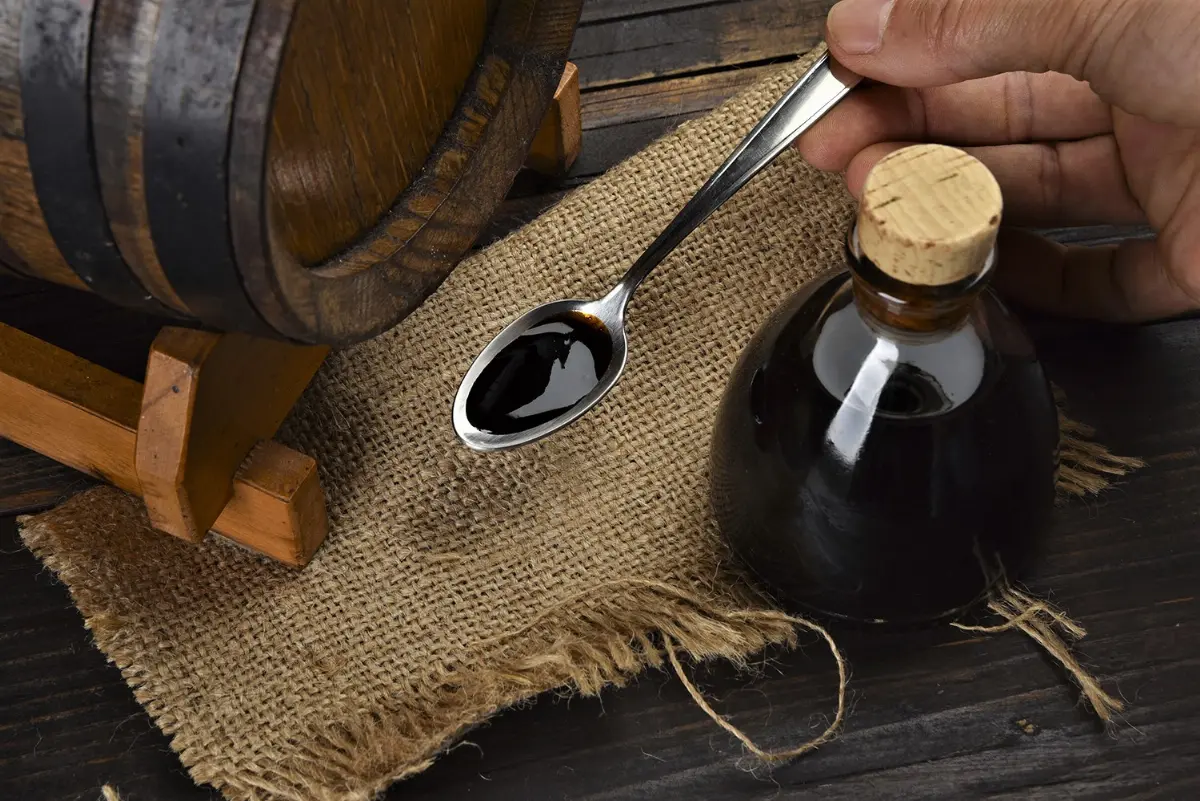
Do you want to access to this and other private contents?
Log in if you are a subscriber or click here to request service
Modena Balsamic Vinegar: disciplinary modification approved
Increased protections for consumers and producers

Changes include new formats for sale, additional quality parameters for aged product, and an increasingly effective control system
fc - 29919
EFA News - European Food Agency
◄ Previous page
EFA News - European Food Agency